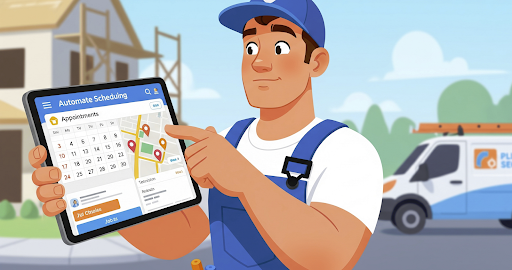A smooth and efficient vehicle not only provides a more relaxing ride but also enhances performance, fuel economy, safety, and more. The consistent and correct maintenance of certain areas of your vehicle, such as tires, suspension, wheel alignment, drive shafts, and brakes, is critical to maintaining the performance and efficiency of your vehicle. Regular check-ups and the timely replacement of vehicle components can reduce the chance of costly repairs.
In this guide, we have discussed some significant areas of your vehicle that need consideration, and keeping these areas maintained ensures that all of your vehicles are in great shape and you have a better driving experience.
Tyres and Wheels
Tyres are your car’s direct connection to the road. Maintaining appropriate tread depth, air pressure, and wheel balance can improve vehicle performance and operational efficiency. Wheels need to be aligned and rotated to reduce wear and tear.
- Check tire pressures weekly.
- Rotate tyres every 8,000–10,000 km.
- Replace worn tires in a timely manner
- Select tyres for the appropriate climate
Suspension
The suspension system helps to avoid road shocks. It also keeps the vehicle steady. If the suspension is worn or damaged, handling becomes less stable and may become dangerous. Upgrading or replacing some suspension components, like shock absorber, can improve your vehicle’s control and ride quality.
- Check shocks and struts regularly.
- Upgrading shock absorbers can dampen the oscillations
- Don’t avoid unusual noises when driving
- Take care of bouncing or sagging
Wheel Alignment
Wheel alignment keeps your vehicle moving straight and keeps your tires lasting longer. Worn tires cause a pulling sensation in one direction. A pulling vehicle causes uneven tire wear and reduces fuel economy.
- Check your alignment every 6 months.
- Try to avoid hitting potholes and curbs
- Look for abnormal vibration from the steering or drift
Shafts
Drive shafts connect the engine to the wheels. Worn or damaged shafts can create vibrations and noise. Routine maintenance allows the smooth transfer of power to the wheels and avoids unexpected breakdowns.
- Check the CV joints for grease leaks
- Change the shafts in case of wear and tear
- Do not accelerate or brake too harshly
- Noticing clicking when making turns
Brakes
Brakes are one of the most important key features to ensure your vehicle’s safety. Brakes help to slow down and stop the vehicle by applying friction to the wheels. If you are having trouble stopping, you probably need new pads or discs. Having your brakes checked on time allows you to have confidence behind the wheel and when performing emergency stops.
- Change pads on time
- Inspect brake fluid levels
- Watch for squeaking or grinding sounds
- Make sure to get a brake inspection during service checks
Conclusion
Regular maintenance of your car’s key components, like tires, suspension, alignment, shafts, and brakes, is important for a more comfortable and effective ride. Regular inspections and timely upgrades of your car’s parts ensure effective performance and improved comfort. If you’re using your car for a daily commute, a weekend trip, or the occasional lengthy journey, maintaining your vehicle can save you time and money.









